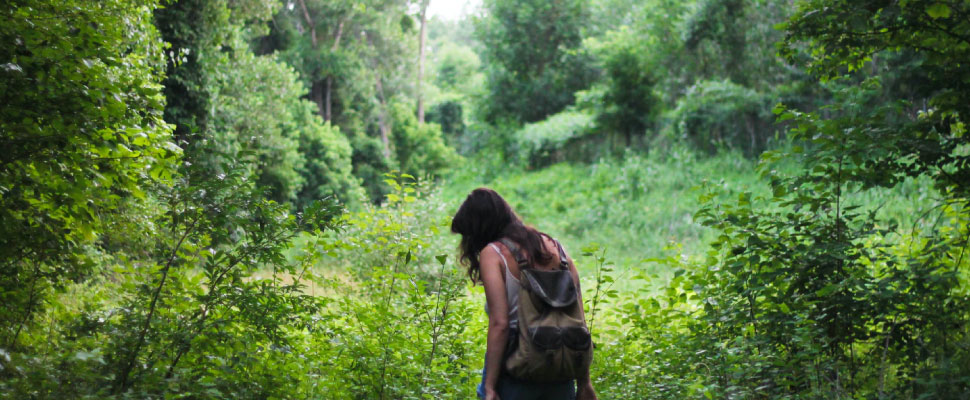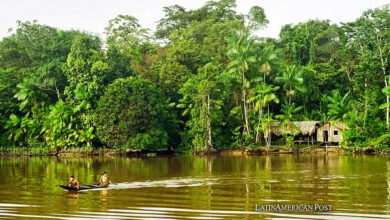Volunteering: when gratification matters more than money
The areas of social assistance and nature conservation are, perhaps, the most common for the development of volunteers

Motivation and learning encourage volunteer programs in natural parks. / Photo: Unsplash
LatinAmerican Post | Jorge Guasp
Listen to this article
Leer en español: Voluntariado: cuando la gratificación importa más que el dinero
Volunteering in National Parks: love for nature
During my more than 20 years as an official of the Administration of National Parks of Argentina, I have worked with national and foreign volunteers. Living in a National Park like Los Alerces, with a small population and exuberant nature, makes human relations with volunteers close, since, in a settlement of twenty houses, daily contact with them is inevitable. For its part, nature makes human relationships more intense and memorable, thanks to the emotions aroused by contact with it.
Although some people volunteer in National Parks as a complement to their academic career, or because it constitutes a requirement to study (as happens in Argentina with the training of park rangers), in most cases the main motivation is learning, contact with nature, the search for gratification, and also recreation, since these practices take place in settings that a large part of the population chooses as a vacation destination, and that volunteers, on the other hand, can enjoy without paying for accommodation.
Also read: How to properly educate people about the environment
Volunteering as a compensation for the personnel deficit
When the natural areas do not have enough personnel, part of the work (like surveys) usually falls to the volunteers. Volunteers are often in charge of caring for visitors, especially when park rangers are absent because they have days off, or are touring remote sites. It goes without saying that this task is usually carried out during the season with the highest influx of visitors when the permanent staff cannot carry out their daily work and meet the tourist demand at the same time.
But volunteering also allows you to develop special projects, which could never be carried out otherwise. I remember that, with a volunteer from Canada, we surveyed the trails of Los Alerces National Park, created the corresponding map, and the description in English and Spanish. And with a volunteer from the United States, we developed educational material on the fish in the natural protected area, since ichthyology was his specialty at the Fish and Wildlife Service of the State of Washington.
Risks of admitting volunteers in National Parks
Work in direct contact with nature involves risks, such as snake bites or insects, injuries caused by vegetation, sprains when traveling on trails that are difficult to navigate, etc. These risks are also increased when volunteers use certain tools: machetes, axes, chainsaws, etc. Consequently, it is convenient that, in addition to taking out insurance that covers eventual personal accidents, volunteers refrain from using tools that pose dangers to their physical integrity, and that their task is very well defined beforehand.
Also read: The 5 most impressive extinct animals in history
Another key aspect is to make it clear, if possible through a formal agreement, that volunteering does not entail any remuneration or generate future work commitments. In Argentina's National Parks, for example, we have had volunteers who were trying to obtain permanent employment, and who at times obtained it thanks to union pressure and the absence of a prior formal agreement, in which the conditions for carrying out activities were established, as well as the duration of the volunteering, the responsibility of both parties, etc.
Motivations that exceed remuneration
Although the motivations for working are diverse, a crucial aspect of all work activity is remuneration. In this regard, Fred Kofman, Argentine coach, and economist, advisor for leadership development at Google, argues in his new book, The Revolution of Sense (the power of transcendent leadership), that “in the labor system that we conceive as natural, most people work for money. But what would happen if the economic incentive were to one side and in the center, we placed meaning? ”.
Since volunteers do not charge for their work, and since their activity is short and has a specific term of completion, volunteering is, precisely, a search for meaning, through a process in which the contribution to the common good is more important than the money received for a job.





